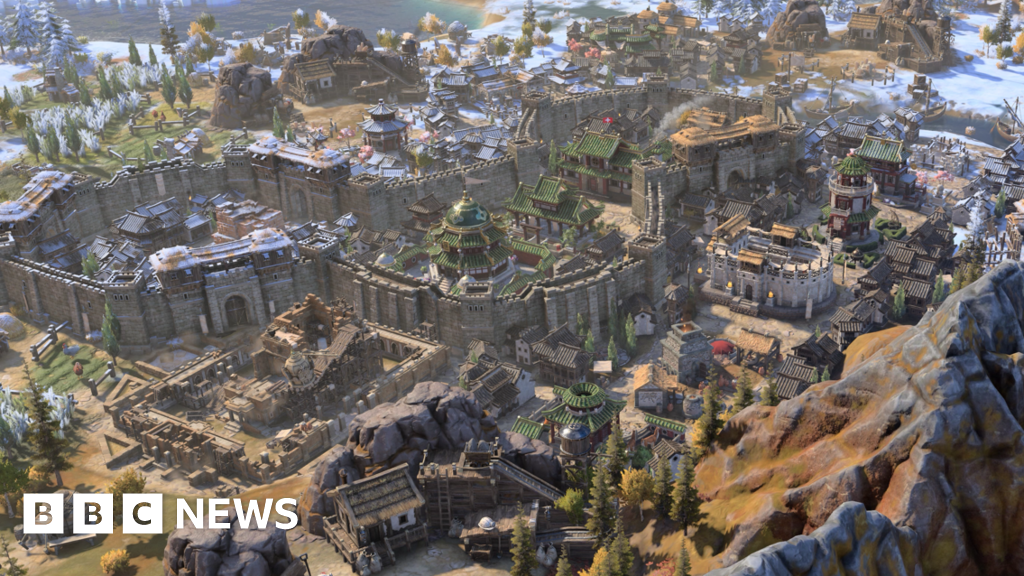
The Civilization series has sold 70 million copies since its inception in 1991, with the last edition being released in 2016.
The question of what direction Firaxis developers will take with the next iteration of the game has been a hot topic among fans.
I count myself in that group – my brother introduced me to my first Civ II game on our PlayStation in the 90s, and I was recently a little horrified to discover I’d spent over 500 hours playing the sixth installment in the series.
For those who don’t know, Civilization is more like a board game than a video game in some ways. You move units around the map, building and developing cities, while fighting others to conquer their lands for you.
Previous games in the series were limited to playing as a specific leader and a mix of civilizations, such as Theodore Roosevelt and the United States, or Cleopatra and Egypt.
But developers say this doesn’t truly represent how cities develop, with multiple different ruling groups leaving their mark – just as happened in London.
In the new game, the player may start as a Roman, building his own city of London in the so-called Antiquity era.
But after advancing to the next stage – the Age of Exploration in game parlance – players may become the Normans and build on what came before.
The game’s developers took inspiration from Ludgate, the site of the former western gate of London’s wall, and dug up more ancient maps to see how the area had changed 1,000 years after the Romans left London.
“London is changing and growing, but you can see a Roman base camp,” Beach said.




More Stories
How Google’s New Gemini Gems AI Experts Can Boost SEO
Leaks about PS5 Pro announcement plans and device design
Castlevania Dominus Collection Physical Release Confirmed, Pre-Orders Open Next Month